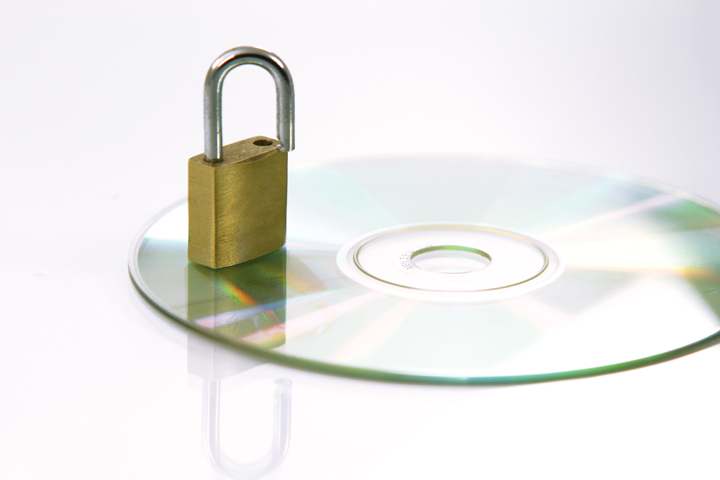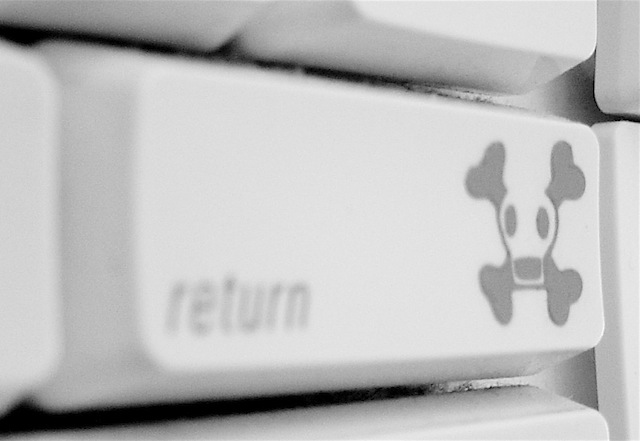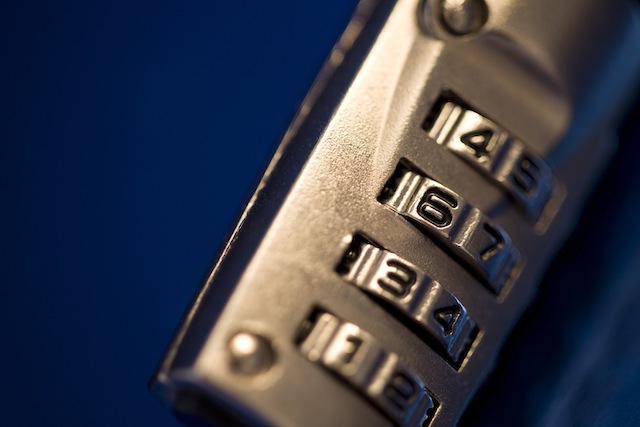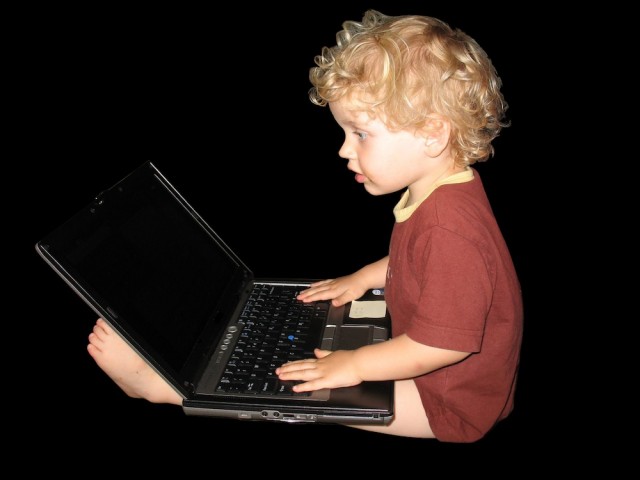As the Internet has become a normal part of our family lives, social media services like Facebook are becoming important in the way people, particularly our kids, socialise and communicate.
Most of this web use is positive however there are risks with these online tools so we do need to know how to manage social media services and reduce any problems we may have in our families and businesses.
Understand the risks
Facebook is an online service and all web based platforms share the same risks such as stranger danger, bullying, fraud and offensive behaviour – both kids and adults need to understand the risks.
A good start is sitting down with younger kids and using some of the online resources available, the US Virginia Department of Education has a good interactive presentation on online safety.
For Australian specific content, the Federal government’s Cyber Smart website offers advice to families at all ages; from grandparents to kids.
Respect the rules
All online services have rules that govern behaviour, one of the most common is a restriction on under 13s. This is partly because of the US COPPA law that restricts websites and social media services from advertising to children.
Of the other rules that can cause problems Facebook has bans on hate speech and an almost pathological obsession with nudity. It pay to read the terms and conditions so you know what is acceptable.
Under 13s should not use Facebook
While for many kids Facebook is the way to talk to their friends online, parents should resist the pressure to sign their kids up until they are of the legal age.
Regardless of what you think of the rules, many kids don’t have the maturity of to understand or deal with the issues of using social media sites. For that matter, neither do many adults.
Should Facebook find out that an account is owned by a child under 13, they will shut it down immediately.
Choose your friends carefully
Everybody – kids and adults – should be cautious about friends they make online. Just accepting friend requests from anybody, or from those who look cute or cool, can lead to problems later.
Set your privacy
In Facebook you should set your default privacy settings to “Friends”. You can do this by clicking the arrow pointing down in the top right hand corner of the Facebook screen and selecting privacy.
Having set your default privacy settings to Friends, you may want to further improve your privacy by continuing down the privacy screen and selecting functions like not allowing friends to post to your Facebook wall.
Be careful what you like
Liking products and pages can have consequences, at the very least others know what causes you’ve joined.
Joining hate or bullying campaigns or pages is not a good look, so don’t do it if you think you may upset people around you.
You are what you post
Anything you put online is in writing against your name. If it’s going to upset people or cause trouble then don’t do it.
In the United States one teenager found this out the hard way when her father discovered a Facebook post criticising him and her mother. He shot her laptop and then posted the video onto her Facebook page.
Practice Safe Computing
Services do get hijacked, so have strong passwords, up to date virus checkers and make sure the computer is fully up to date with security patches.
Never share passwords with friends or siblings and use different passwords on each service so if Minecraft gets compromised, Facebook or email doesnt’ as well.
Put computers in common areas
Kids’ computers should be in common areas and use of any Internet enabled devices like iPods and mobile phones in places like bedrooms should be strongly discouraged.
Be open to talking
If anyone in your family seems to have a problem with computer use such as getting upset, socially withdrawal or acting unusually then talk to them. This happens with adults as well.
One thing to remember is that punishing people, particularly kids, rarely works well with these technologies so it’s best to make it clear they won’t be in trouble if they come to you with a problem they are having on the net.
It’s not just kids
We have to remember its not just kids who get into trouble online, there’s no shortage of adults who have created problems for themselves and their families through irresponsible online behaviour. So parents need to watch their own social media usage as well.
Should someone in your family be having a problem, then don’t hesitate to talk to the school, employer or Internet provider if there’s issues that need to be addressed.
There’s lot of online services services and resources such as Cybersafe listed above. Also don’t hesitate to call any support lines such as Lifeline or Beyond Blue if you are seriously concerned about a family member’s wellbeing.
On balance, the web and social media are positive influences on most people’s lives so by using commonsense and playing safely, the majority of families will avoid the really terrible stories we hear about online problems.
Similar posts:




